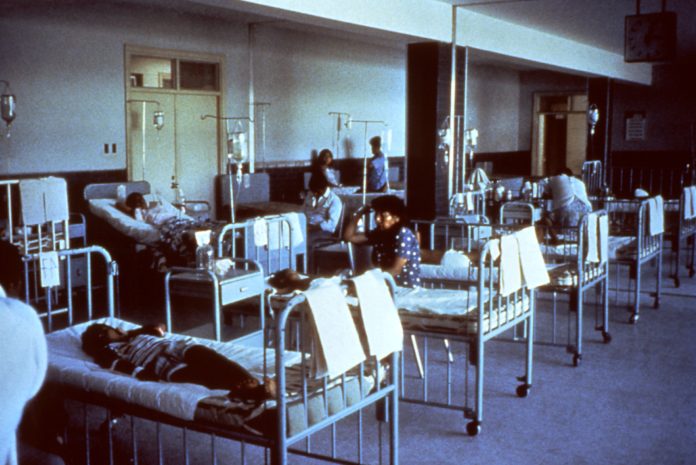Home monitoring program for patients presumed positive for COVID-19 could reduce need of large healthcare workforce
Alarming reports of an increasing number of COVID-19 patients finding it difficult to get a hospital bed has put many countries around the world in a fix. Home monitoring programs for patients who have COVID-19 symptoms may be the only way forward, especially for countries who have a poor healthcare infrastructure.
A home-monitoring program of 7604 patients presumed positive for COVID-19 was accomplished with the assistance of nurses, nurse practitioners, a large number of medical students and physicians’ assistants from the Northwestern University Feinberg School of Medicine. Patients filled an online questionnaire daily and a monitoring team member called the individual to follow up on any concerning symptoms they report, such as shortness of breath, chest pain or confusion. Results showed that only 500 patients needed to be shifted to the emergency department.
Early results of the study were published in the New England Journal of Medicine Catalyst.
“We were able to catch these patients before their condition dangerously deteriorated, which improved our ability to treat them,” said Dr. Jeffrey Linder, Northwestern Medicine chief of general internal medicine and geriatrics.
The program proactively reached out to patients to ensure they are safe in their homes rather than waiting for them to identify a worsening of their condition
“We started the program to address the needs of the 80% of patients who would spend their entire course of COVID-19 at home,” Linder said. “We knew from early COVID-19 experience patients could deteriorate quickly. We also suspected they may have a lot of questions about quarantine, the course of the disease and lots of social needs.”
Patients reported that the program healed them both physically and emotionally.
The program proactively reached out to patients to ensure they are safe in their homes rather than waiting for them to identify a worsening of their condition. Team members also called any individuals who do not report symptoms via the patient portal or who simply don’t use it. On the call, health care providers assess and triage individuals for urgent medical care if they reported any severe symptoms like confusion, trouble breathing or bluish lips or face. They also refer patients to social work for non-medical challenges, such as difficulty with finances or accessing food.


